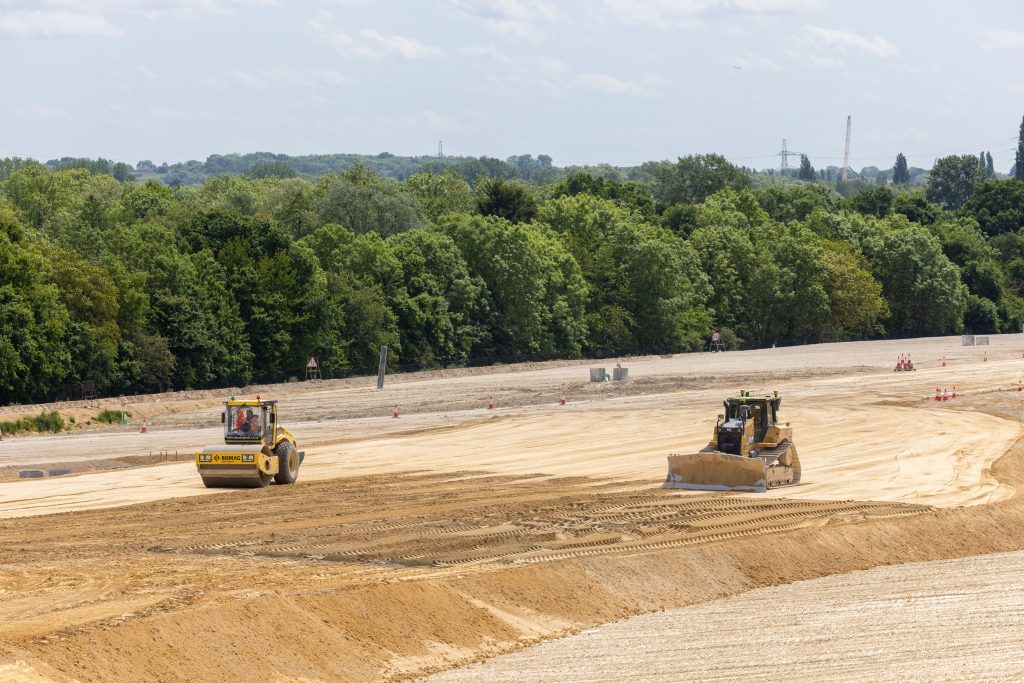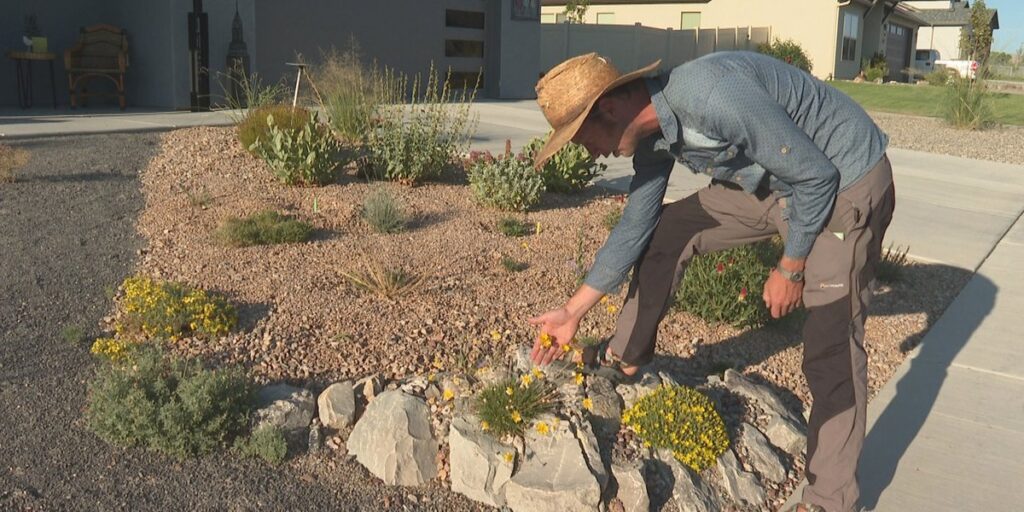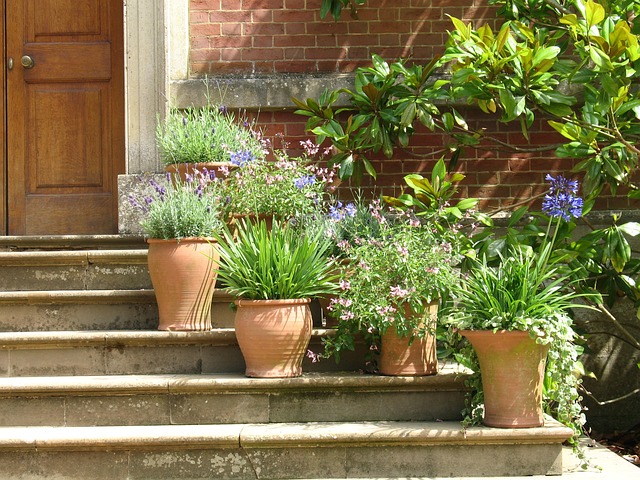Having a beautifully landscaped yard not only enhances the aesthetic appeal of your property but also adds value to it. However, maintaining a lush and healthy landscape requires more than just occasional mowing and watering. Regular maintenance is crucial to ensure that your landscaping remains vibrant and continues to thrive.
One of the main reasons why regular maintenance is important is that it helps prevent the buildup of debris and weeds, which can easily take over your landscape if left unchecked. Regularly removing fallen leaves, branches, and other debris will not only keep your yard looking tidy but also prevent these materials from blocking sunlight and hindering the growth of your plants.
Regular maintenance also helps identify and address any underlying issues that may affect the health of your plants. By regularly inspecting your landscaping, you can detect early signs of pest infestations, diseases, or nutrient deficiencies. This allows you to take timely action and seek professional landscaping services, if necessary, to protect your plants and prevent any further damage.
Another benefit of regular maintenance is the enhancement of overall curb appeal. Well-maintained landscaping adds to the overall attractiveness and appeal of your property, creating a positive impression on visitors and potential buyers. Moreover, a well-cared-for landscape provides a welcoming environment for outdoor activities such as family gatherings and events.
In conclusion, regular maintenance is essential for preserving the beauty and health of your landscaping. By investing in routine upkeep and seeking professional landscaping services when needed, you can ensure that your yard remains vibrant, attractive, and enjoyable for years to come. So, don’t neglect the importance of regular maintenance – it’s your key to a thriving and stunning landscape.
Contact RCH Landscaping Today for a Free Estimate







